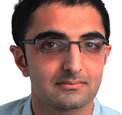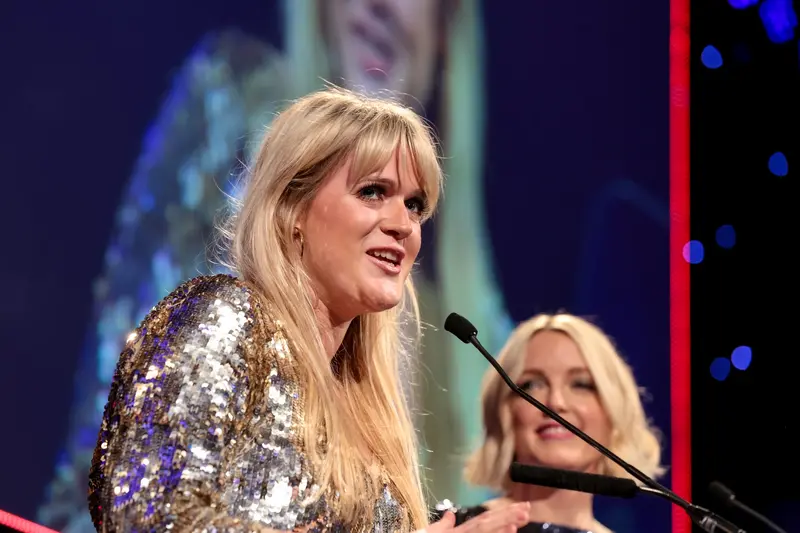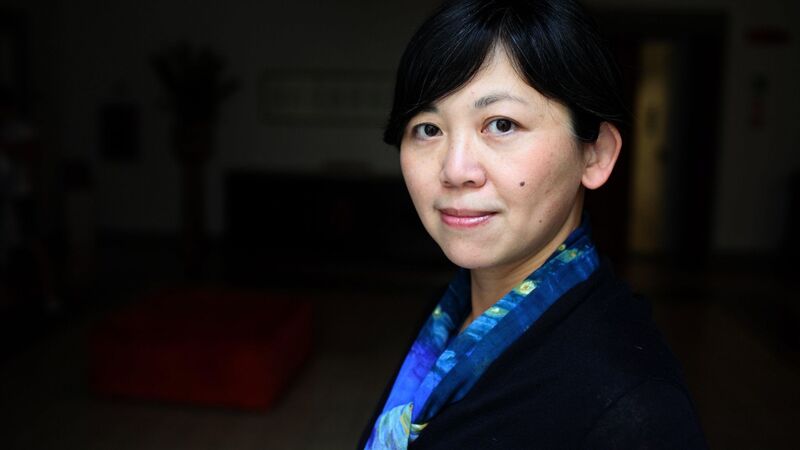You are viewing your 1 free article this month. Login to read more articles.
Sunjeev Sahota: Streets ahead
Sunjeev Sahota was living in Leeds during the summer of the 7/7 London bombings in 2005, about a mile away, he reckons, from the four men who carried out the attack led by Mohammad Sidique Khan.
In the dazed aftermath Sahota recalls hearing people talking about it "at work, on the streets, in the media, a lot of questioning going on, about how it came to be, about how these men came to that point. I remember seeing the YouTube video of Mohammad Sidique Khan when he was saying he left it [the video] to say goodbye to his daughter. That struck me‚ how could this man, who seems quite compassionate towards his family, get to a stage where he could do something like this? That psychology was something I wanted to explore, what the inside of a man who'd come to that decision would look like."
His debut novel, Ours Are the Streets (Picador, January), takes the reader into the mind of Imtiaz Raina, a young man born in Sheffield, who has, in Sahota's words, "decided that his vocation in life is to become a martyr for jihad". Imtiaz is leaving a written record for his wife and child to explain his actions‚ he recalls his "old" life in Sheffield, meeting and courting his white girlfriend (now his wife) and this is contrasted with his life-changing trip to Pakistan, after the death of his father, which marked the beginning of his radicalisation.
Sahota explains that he struggled for a long time with the structure of the novel when he started writing in mid-2006. "Initially, I started writing in the third person but it didn't have the lift it needed to tell his story. I thought I needed to be inside his head," he says. "Four or five times I threw it away and started again." But once settled on the confessional narrative he completed it quickly, in just six months.
As part of his research Sahota consulted various journals which offered psychological insights into the motivations of suicide bombers and he observed an exaggerated sense of responsibility. "I imagine that it must start off with family, and then it grows to a sense of responsibility towards their people at large who they see as suffering."
In addition, Sahota also read fictional accounts. "Lots of great writers have tackled the subject," he says and cites John Updike's Terrorist and Don DeLillo's Falling Man. He's now a voracious reader but says he wasn't much of one growing up in Chesterfield. "Not a reader of novels, no, they weren't around really." He did not read his first novel until he was 18, in the summer before he started university to study mathematics at Imperial College London. Even for English GCSE he only remembers studying plays and poetry, and jokes: "I ought to go back to my school and say this is ridiculous, you need to teach novels."
Rushdie was the catalyst
It was Salman Rushdie's Midnight's Children, picked up in a UK airport bookshop en route to his family's farm in the Punjab for a holiday, that started him off. "I remember reading it on the roof and sat in my chair in the courtyard," he says. As soon as he finished it he got a bus to the nearest city, Jalandhar, in search of a bookshop and bought Vikram Seth's A Suitable Boy ‚ "a great book to read in India" ‚ A Fine Balance by Rohinton Mistry and Arundhati Roy's The God of Small Things.
Back in England, there was no stopping him. "When I was at university I'd come home with piles of books, and I'd sit there, my head in a book. Someone would come round, a relative, and my mum would say oh, he reads, as though it was an affliction I had. I think I felt that I had a lot of catching up to do. I didn't feel hard done by but I felt I'd missed out on 10 years' worth of reading."
Unlike many authors he didn't stop reading fiction while writing his own. "I carried on ‚ I probably read more!" He is already working on his second novel, about illegal immigrants in Sheffield, which he plans as "more of an ensemble piece". "However much I might like to write some huge techno thriller, it's always going to come down to a few brown people in Sheffield, I think."








